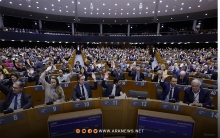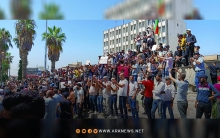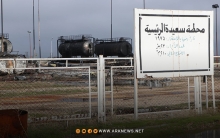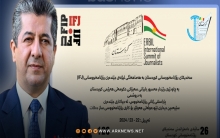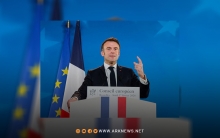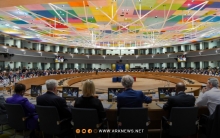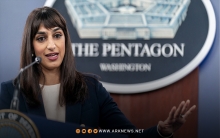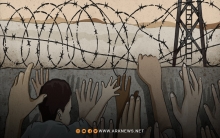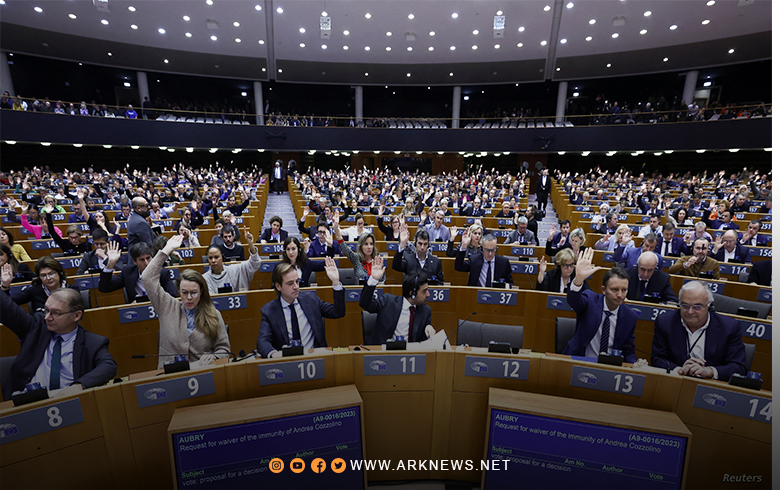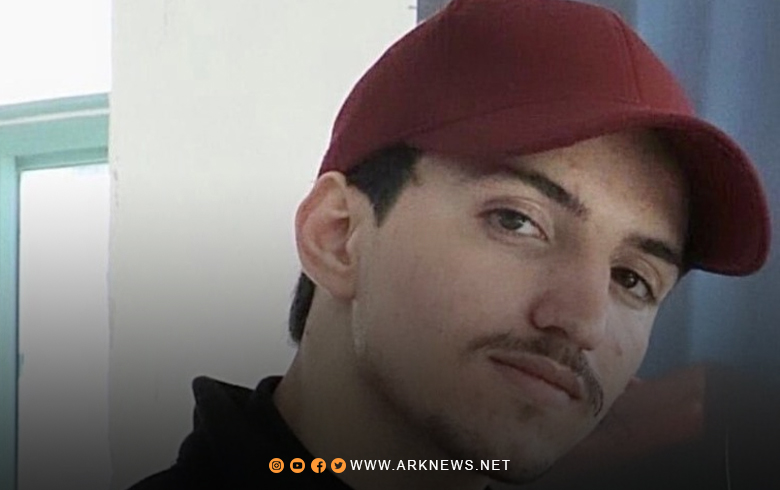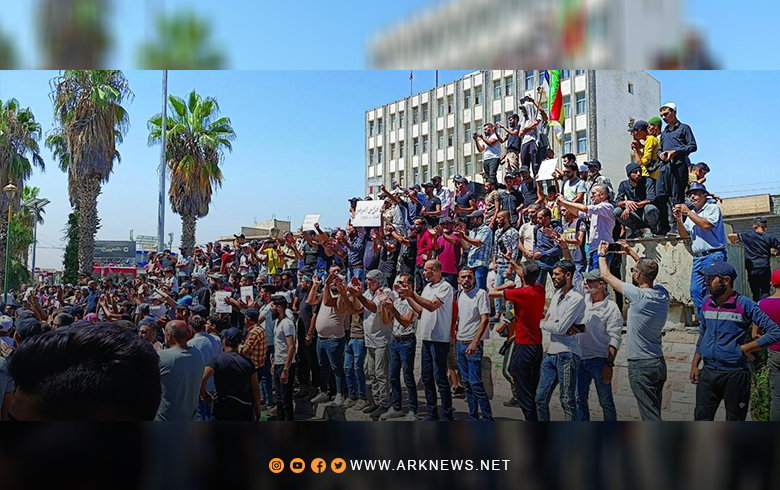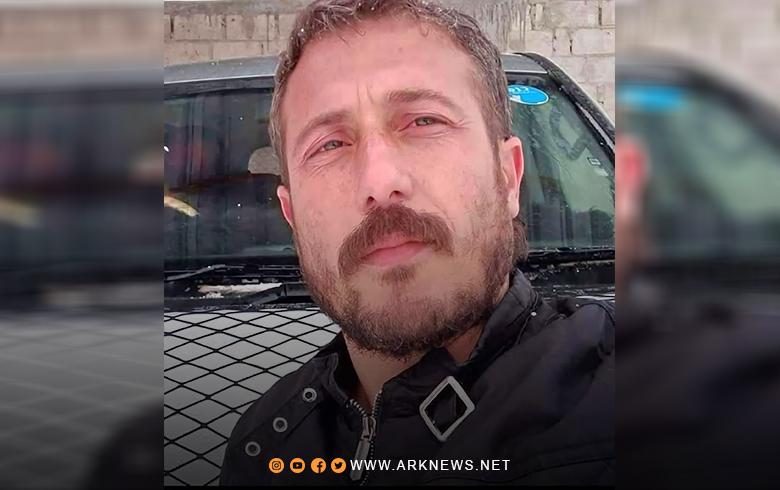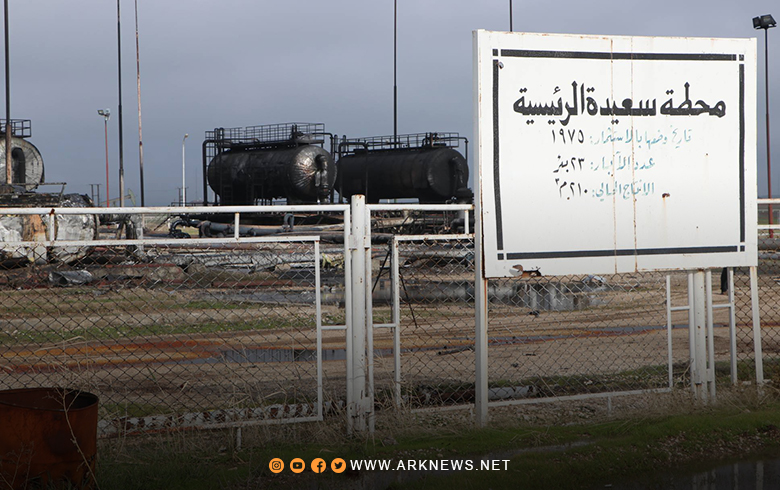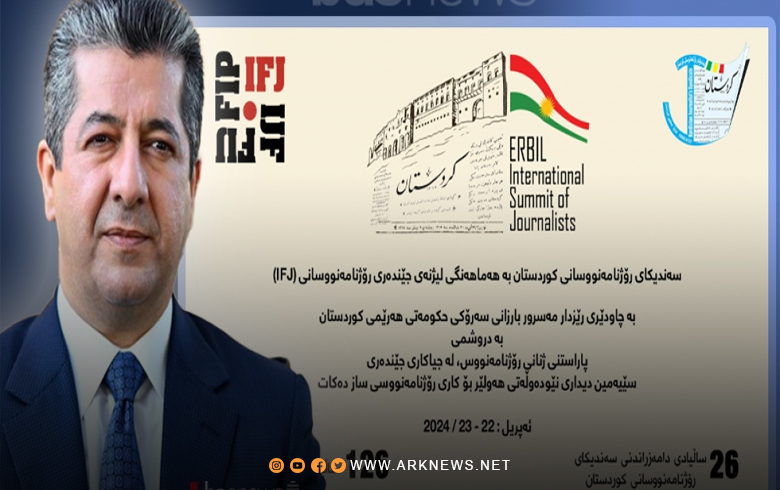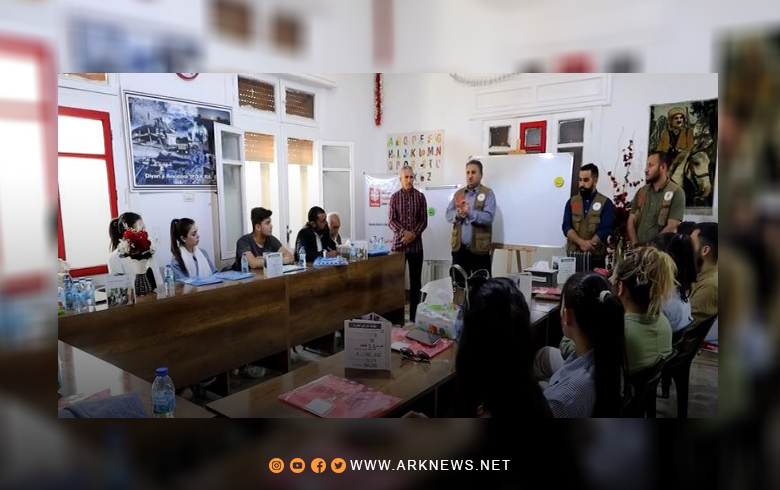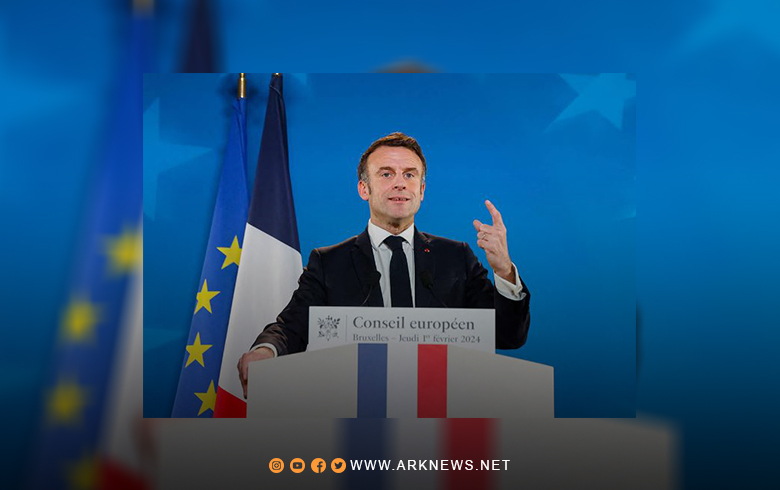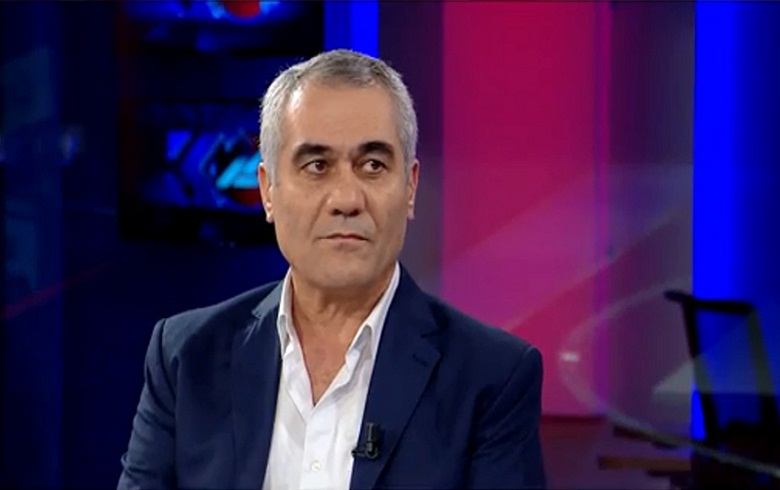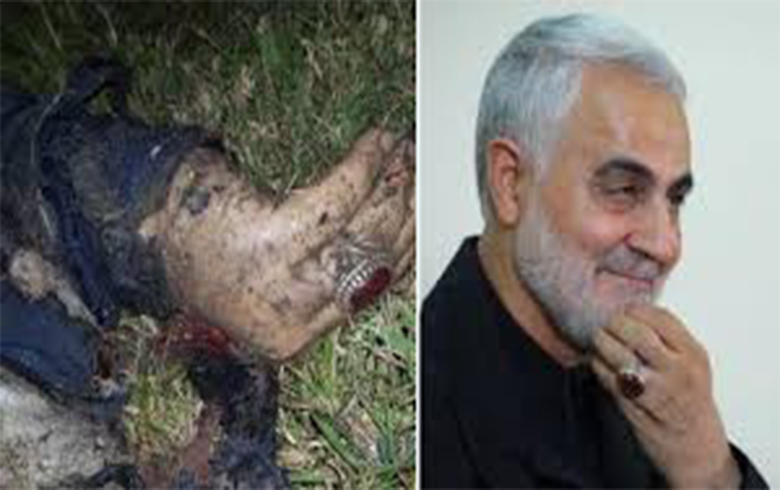
Qasim Soleimani: Why kill him now and what happens next?
By Jonathan Marcus
Defense and diplomatic correspondent
ARK News: The killing of Gen Qasim Soleimani, commander of the Iranian Revolutionary Guards' Quds force, represents a dramatic escalation in the low-level conflict between the US and Iran and one whose consequences could be considerable.
Retaliation is to be expected. A chain of action and reprisal could ensue bringing the two countries closer to a direct confrontation. Washington's future in Iraq could well be called into question. And President Trump's strategy for the region - if there is one - will be tested like never before.
Philip Gordon, who was White House co-coordinator for the Middle East and the Persian Gulf in the Obama administration, described the killing as little short of a "declaration of war" by the Americans against Iran.
The Quds Force is the branch of Iran's security forces responsible for operations abroad. For years, whether it be in Lebanon, Iraq, Syria or elsewhere, Soleimani has been a key instigator in expanding and extending Iran's influence through planning attacks or bolstering Tehran's local allies.
For Washington, he was a man with US blood on his hands. But he was popular in Iran itself. And in practical terms, he led Tehran's fightback against the broad campaign of pressure and US-imposed sanctions.
What is most surprising is not that Soleimani was in President Trump's sights but quite why the US should strike him now.
A series of low-level rocket attacks against US bases in Iraq were blamed on Tehran. One US civilian contractor was killed. But earlier Iranian operations - against tankers in the Gulf; the shooting down of a US unmanned aerial vehicle; even the major attack against a Saudi oil facility - all went without a direct US response.
Media caption Pompeo designated Iran's Revolutionary Guards Corp as a terrorist group last year
As for the rocket attacks against the US bases in Iraq, the Pentagon has already hit back against the pro-Iranian militia believed to be behind them. That prompted a potential assault on the US embassy compound in Baghdad.
In explaining the decision to kill Soleimani, the Pentagon focused not just on his past actions, but also insisted that the strike was meant as a deterrent. The general, the Pentagon statement reads, was "actively developing plans to attack US diplomats and service members in Iraq and throughout the region".
Quite what happens next is the big question. President Trump will hope that in one dramatic action he has both cowed Iran and proven to his increasingly uneasy allies in the region like Israel and Saudi Arabia that US deterrence still has teeth. However it is almost unthinkable that there will not be a robust Iranian response, even if it is not immediate.
The 5,000 US troops in Iraq are an obvious potential target. So too are the sorts of targets hit by Iran or its proxies in the past. Tensions will be higher in the Gulf. No wonder the initial impact was to see a surge in oil prices.
The US and its allies will be looking to their defenses. Washington has already dispatched a small number of reinforcements to its embassy in Baghdad. It will have plans to increase its military footprint in the region quickly if needed.
But it is equally possible that Iran's response will be in some sense asymmetric - in other words not just a strike for a strike. It may seek to play on the widespread support it has in the region - through the very proxies that Soleimani built up and funded.
It could for example renew the siege on the US embassy in Baghdad, putting the Iraqi government in a difficult position, and call into question the US deployment there. It could prompt demonstrations elsewhere as cover for other attacks.
The strike against the Quds force commander was a clear demonstration of US military intelligence and capabilities. Many in the region will not mourn his passing. But was this the wisest thing for President Trump to do?
How well is the Pentagon prepared for the inevitable aftermath? And just what does this strike tell us about Mr. Trump's overall strategy in the region? Has this changed in any way? Is there a new zero-tolerance towards Iranian operations?
Or was this just the president taking out an Iranian commander he would no doubt regard as "a very bad man".
592

